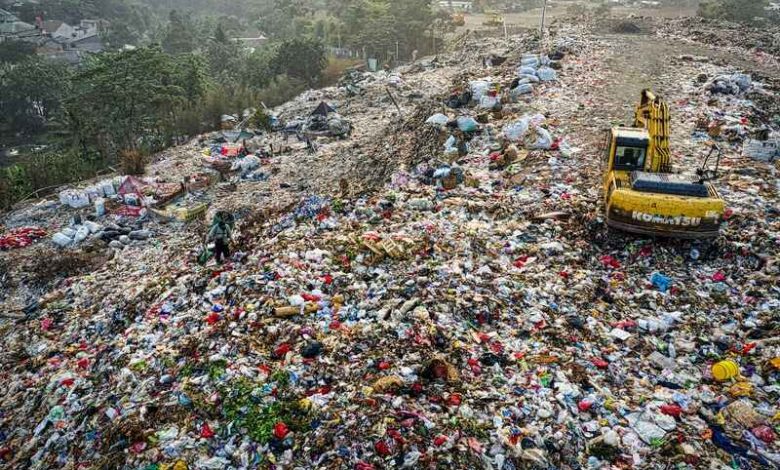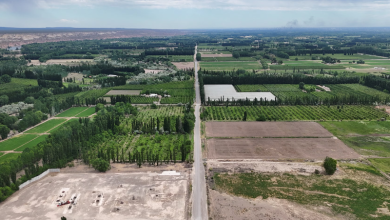Global Summit on Plastic Pollution Ends Without Agreement

There is still no legally binding global plastics agreement even after the fifth meeting of the United Nations Intergovernmental Negotiating Committee (INC-5). The negotiators failed to reach an agreement on the plastic pollution treaty and the talks will resume next year.
The summit was supposed to be the end of a two year effort to create a legally binding agreement to prevent plastic pollution and it was held in Busan, South Korea from November 25 to December 1.
Despite some advancements, a week-long disagreement including the need to control the manufacture of plastics, create a funding system to carry out the agreement and regulate “chemicals of concern” present in plastic products resulted in no final agreement.
A “Chair’s Text” that will serve as the basis for negotiations in a reopened session scheduled for next year 2025 INC-5.2 was agreed upon by the participating nations when they closed the fifth session.
Many countries have raised concerns regarding the importance of addressing chemical issues and over 100 countries want the treaty to limit manufacturing as well as address cleanup and recycling. However, that goes overboard for certain nations that produce plastic and those that relay oil and gas.
Every country must accept a proposal before it can be included in the treaty. If a country disagreed with any proposal then the process was stuck and few nations tried to alter it so that votes could be used to make decisions. However some other nations rejected altering it claiming that agreement is necessary for a treaty to be thorough and successful. These disagreements being the main reason for the failure of making a plastic pollution agreement.
To participate in treaty negotiations, over 3,300 delegates gathered in Busan including representatives from over 170 countries and observers from over 440 organizations. And more than 220 lobbyists from the petrochemical and fossil fuel industries also participated.
In Busan, the majority of the talks were conducted behind closed doors. The treaty should have been transparent as voiced by the environmental organizations, Indigenous leaders, communities affected by plastic pollution and scientists who flew to Busan to assist in its creation. They also expressed their sadness that they felt silenced.
Globally around 400 million tons of new plastic are produced annually. Without improvements in law, plastic manufacturing might increase by almost 70% by 2040



